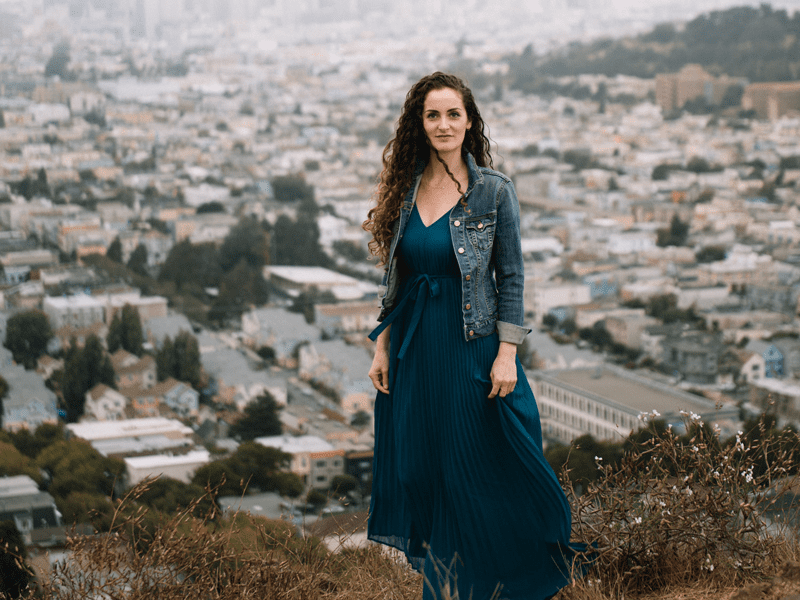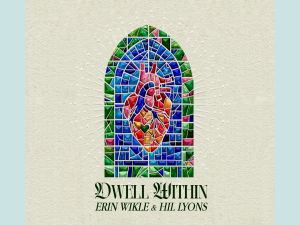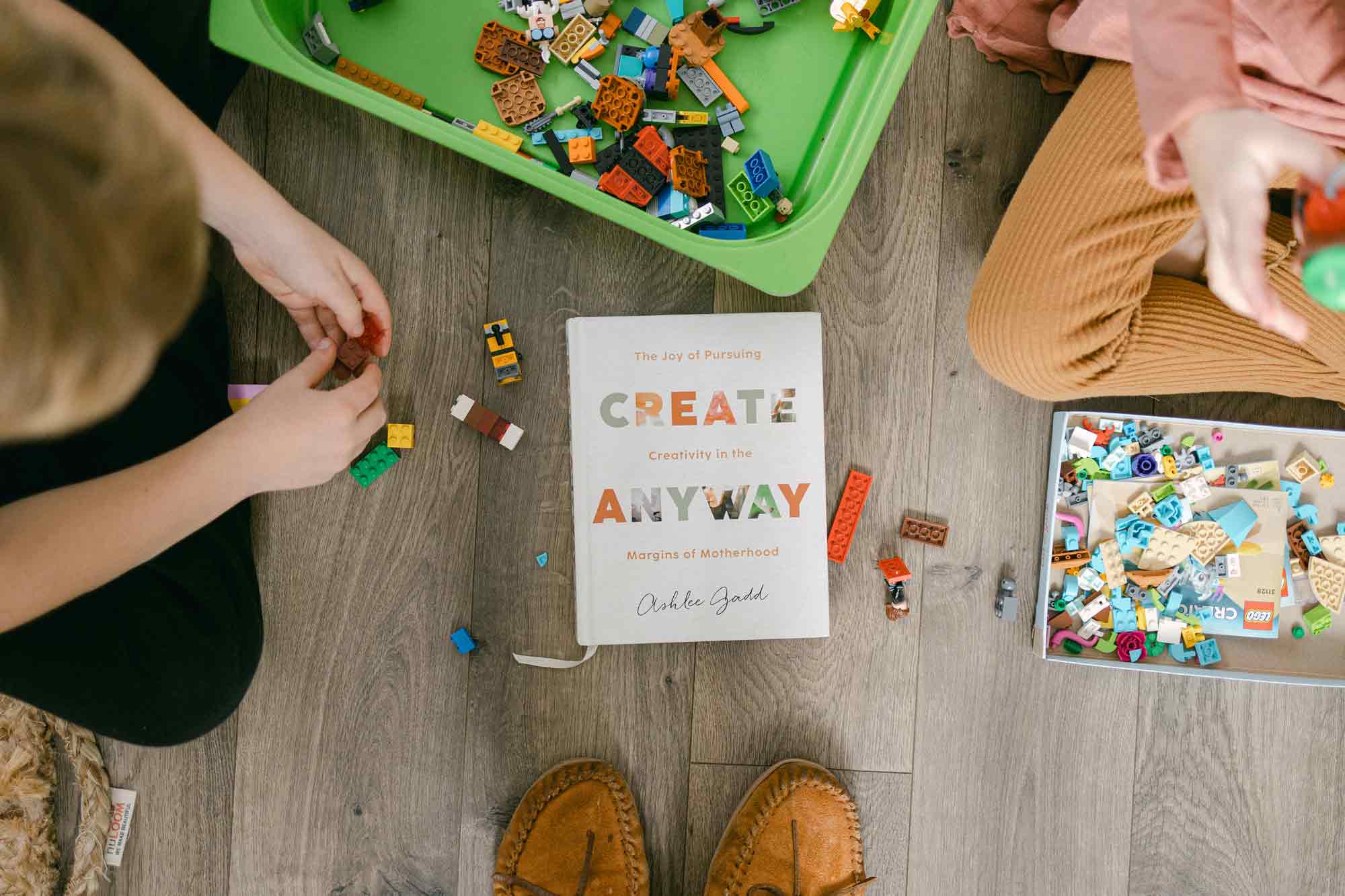In those things that appear to set us apart, you might uncover the beauty in our diversity and our shared humanity.
Have you ever been afraid of failing at something, only to realize that the real trouble is you are on a path that is not one you’ve chosen for yourself?
As the author, human rights activist, and attorney Bob Goff said, “I used to be afraid of failing at something that really mattered to me, but now I’m more afraid of succeeding at things that don’t matter.” And this encapsulates a lot of what people are feeling these days.
The key is to find out what matters to you. It’s not easy to acknowledge we are living out the hopes and dreams of someone else, the values that someone else told us were important at some point in our lives. If we do we must figure out what it is that we truly mean by “success,” or “happiness,” or “purpose,” and the truth is that in asking those questions, we may never really find a single answer. When I talk to my students and clients about defining purpose for themselves and writing their own stories, what I am really guiding them toward is a lifetime of experiments and explorations.
Long ago, life was more simple in a way; survival was the only focus and it took up all of our time to stay alive. Eventually, people in most societies began to hold assigned jobs and tasks, and generally speaking, the concept of a “career” emerged. We now develop a lifelong vocation that shapes a large portion of our identity. And this evolution continues to progress, into such ideas as a portfolio and freelance careers. In the future, when we share even more work with computers, machines, and artificial intelligence, our relationships to our work, passions and purpose will likely evolve and become even more complicated.
In addition to feeling defined, or even trapped, by our jobs and careers, we Americans are also in an age of consumption, and many of us are afflicted with what James Wallman calls “stuffocation,” also known as: overwhelmed by having too much stuff. We are drowning in things and yet are deprived of experiences that keep us truly present, off of our phones, and attuned to the heartbeat of the world, and to others.
So how do we get past that feeling of being constrained by the work we do and the things we have, rather than finding meaning and happiness in them?
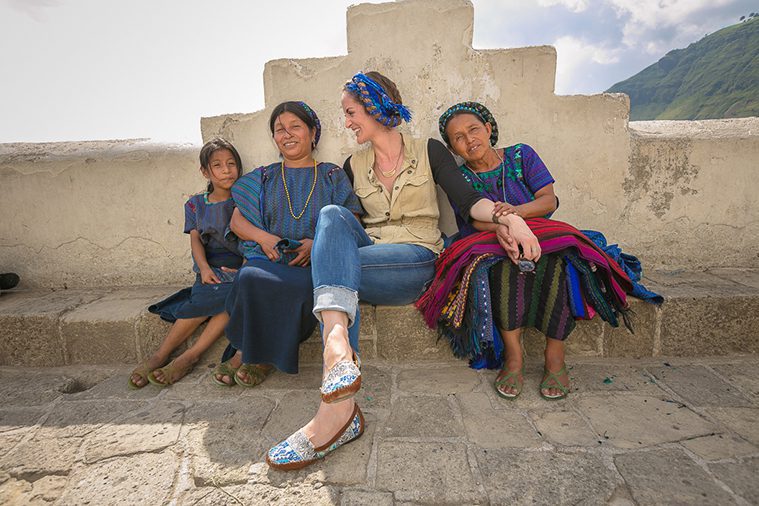
To find our own definition of success, I believe that it’s essential to become aware of what has influenced us along our path, and what beliefs and values we are carrying around that might not in fact be our own. We must learn that it is ok to let go of a story or belief that is not truly ours, so that we can forge our own path and write our own next chapter.
And to do this, we need to have what David Whyte, the British poet, calls courageous conversations. We need to have these with ourselves, our work, and the other important people in our lives. To go on this journey toward finding our own purpose and creating our story takes a lot of hard work. It takes grit and perseverance, bravery, authenticity, integrity and vulnerability. And this can be difficult as society often creates a culture of shame and perfectionism that dissuades us from admitting any weakness or imperfect aspect of ourselves.
– Do something for another person that you know will bring them joy. – Have a courageous, kind conversation with someone you love, or with a stranger. – Find out what makes you feel most alive, and take steps each day to stay as close to that as you can.
We need to get curious and creative about the world around us, about our careers, our relationships, what we love, what we want to do, and what we feel compelled to do. I often describe this path of discovery as trying to figure out your own personal intersection of what the world needs, what you love, and what you are good at.
Explore new paths, new sources of news, and look at the world from a different perspective. If you are able to make a big change, apprentice with someone in a job you thought you might never enjoy. If that’s not a possibility for you right now, try talking to a stranger from a different background. The next time you speak with a friend, or meet someone new, ask them something different, like what their favorite book this year was, or ask them what they are most passionate about, what they want to see in the world, or what their best memory is. Underneath it all, in those things that appear to set us apart, you might just start to uncover the beauty in our diversity and our shared humanity. As Martin Luther King, Jr. knew well, “life’s most persistent and urgent question is, ‘What are you doing for others?’” It’s in taking the focus off of us as islands and individuals seeking our own success that we can see that in helping others, we invest in a better future for all of us.
Joseph Campbell talks of “following your bliss,” which is indeed one of my favorite adages, but I believe that its meaning is often lost. To find our passion involves a lot of difficulty, struggle, grappling, and pain. In fact, in the stories I have heard, from the many people I’ve worked with over the years, the paths to success and happiness vary greatly. The only common denominators are hard work, a sense of curiosity, and remaining willing to learn and to adapt.
As we say in behavioral economics, happiness is in the balance of two ends of a spectrum of pleasure and purpose. And one of the best ways to start to dive into that exploration is to figure out what makes you feel most alive. What did you love to do as a child? What do people most often say they love most or appreciate most when you give them advice or help them in some way? What do you do that makes you feel like time has slowed down, or sped up, what is often called “flow,” a term coined by Mihály Csíkszentmihályi. It is a concept that is integral to everything from business to sports to mindfulness to philosophy, where we feel immersed, energized, and fully focused in the present moment; challenged but not defeated, capable but not apathetic.
If you feel that you are in a transitional time right now, resist the urge to rush ahead to the next step, and instead focus on the transition itself, and try to understand it as inherently valuable. Because you know what? Those times where we fight our dragons, where it feels tough and confusing, when we’ve taken the leap but don’t know if it will work out, where we are crawling through the mud—that is where the magic lies. That is where we find out what we are made of.
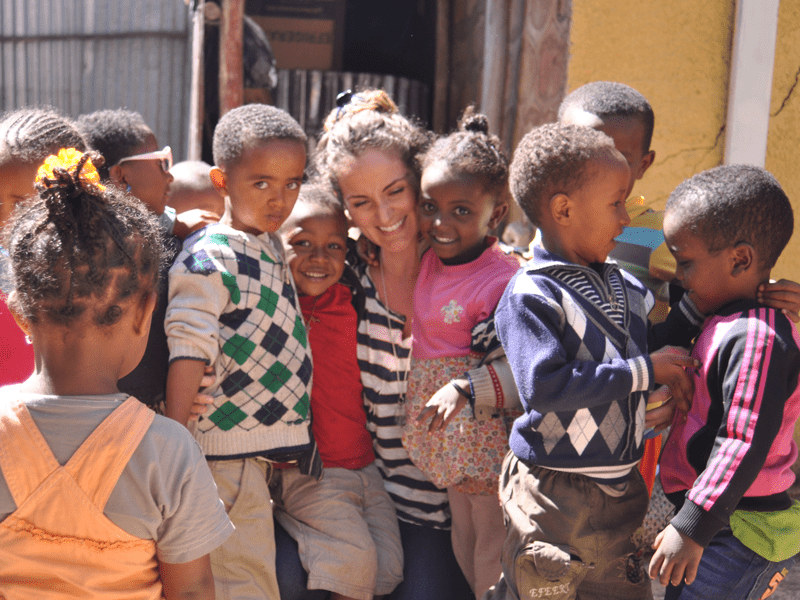
While reflection is wonderful and much needed, perhaps now more than ever, life is in the doing; the falling, the stumbling, the trying and trying again. In always standing up for what you believe in, creating what you believe will make the world a better place, even when you feel like the only voice in a loud crowd. So lean into those tough times, dig deep, and find the questions that you need to answer for yourself. It’s not hard to stick to your values when times are easy, the difficulty comes when there is a choice to make, a sacrifice to be made, or you come upon a fork in the road, or when it’s time to take action, to advocate for another, to speak your truth and your values, no matter the cost.
Our purpose, our passion, our greatest story, comes from a series of decisions we make every day to align ourselves with the values we choose to live by. As Brené Brown said, “owning our story can be hard but not nearly as difficult as spending our lives running from it…Only when we are brave enough to explore the darkness will we discover the infinite power of our light.” This is the great work of our lives, to explore the darkness and to see that we all have light and dark inside of us. And as Albus Dumbledore knew well, we all have the ability to choose the light.
So how will you choose the light? What do you value? What matters to you most? When you start to find answers to these questions, the next step is to start aligning your decisions around these core values. This is what I call writing your own story. If you don’t write it for yourself, someone else might write it for you. So here is an exercise: write down three of your deepest held values. Then make a commitment to yourself that each day, you will try to make a decision aligned with those values.
Ultimately, Eleanor Roosevelt said, “it’s your life—but only if you make it so. The standards by which you live must be your own standards, your own values, your own convictions in regard to what is right and wrong, what is true and false, what is important and what is trivial. When you adopt the standards and the values of someone else or a community or a pressure group, you surrender your own integrity. You become, to the extent of your surrender, less of a human being.”
The only guidepost that will ever be steady is the one inside of each of us.
[button color=”black” size=”normal” alignment=”none” rel=”follow” openin=”newwindow” url=”caringmagazine.org/tips-for-building-your-personal-brand”]You also might enjoy our blog post on tips for building your personal brand.[/button]







